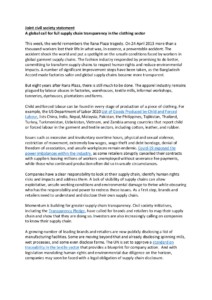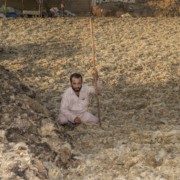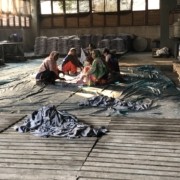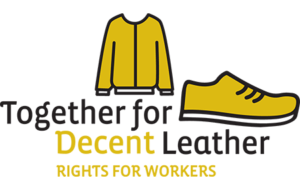On Tuesday 10 November, a European-Asian consortium of seven civil society organisations has launched the three-year programme ‘Together for Decent Leather’. The Together for Decent Leather consortium aims to improve the living and working conditions of workers in the leather value chain. During the launch, consortium members shared their knowledge about the leather industry in Bangladesh, India and Pakistan, the impact of Corona pandemic in the leather sector, labour rights challenges for leather workers in the three focus countries and what the programme aims for.
Problems in the leather-based industry
In India, Pakistan and Bangladesh, hundreds of thousands of people work in dire circumstances to produce leather-based garment, footwear and accessories. The problems they face include poverty wages, forced overtime, social security and child labour. Workers have health issues because of working with toxic substances and unsafe heavy machinery, often without adequate protective equipment. They also suffer from social exclusion and discrimination based on class, caste, origin, ethnicity, gender and religion. Specifically vulnerable groups are women workers, Dalits and Muslims, migrants, and homeworkers. Workers in this sector do not enjoy the fundamental enabling rights of freedom of association and collective bargaining.
The launch
During the online launch twenty-six interested participants from diverse backgrounds, among which NGOs, the private sector, governments and research organisations, engaged with the consortium to learn about and discuss challenges in the leather value chain in Bangladesh, India and Pakistan.
Leather goods supply chain – One of SOMO’s researchers shared insights into the leather goods supply chain, a complex system with a wide variety of actors involved, which include millions of workers. The lack of transparency in the supply chain makes it difficult to map out the exact relationships within the sector. Yet SOMO provided a clear and comprehensive overview of the leather sector in Bangladesh, India and Pakistan and Bangladesh and share of international exports.
Corona impact on the leather industry – Subsequently, the impact of Corona on the workers in the leather-based industry was reported on. The Corona pandemic led to massive dismissals of leather workers, loss of income, union busting and abuse by creditors. Moreover, measures to protect workers from getting infected are lacking and wages are not still back to pre-Corona level.
Labour rights challenges – In-depth presentations about the labour working conditions of homeworkers and workers in factories and tanneries shed more light into the challenges faced by these workers and supporting organisations in Bangladesh, India and Pakistan. Interesting discussions and exchanges with participants followed. Matters of caste discrimination, living wage projects, protection of homeworkers and trade unions were issues raised by participants and are taken on board by consortium members.
Programme aims – Together for Decent Leather is looking forward to further engage with participants and other stakeholders and work towards an ending of labour rights abuses in Bangladesh, India and Pakistan. The consortium demands state actors and the private sector to take responsibility by adhering to and promoting the highest international labour and human rights standards.
Possible measures to improve the situation for leather workers suggested include payment of living wages to all workers in the value chain, providing occupational health and safety measures, engaging in social dialogue with relevant stakeholders, implementing and enforcing robust labour law, ensuring transparency and traceability in the leather supply chain and performing thorough human rights due diligence in supply chain, including work carried out by sub-contractors and homeworking.
About the programme
This three year programme aims to improve working conditions and reduce labour rights abuses by promoting adherence to international labour standards and corporate social responsibility in leather based garment footwear and accessories value chains in production hubs in India, Pakistan and Bangladesh.
The programme is organised by an European-Asian consortium, consisting of the following organisations: ARISA (the Netherlands), the Bangladesh Labour Foundation (BLF), Cividep India, INKOTA (Germany), NOW communities (Pakistan), SOMO (the Netherlands), Südwind (Austria).
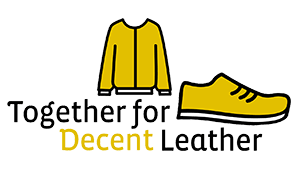
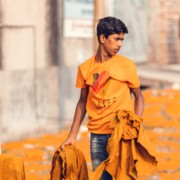
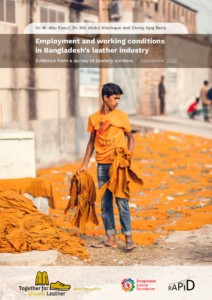

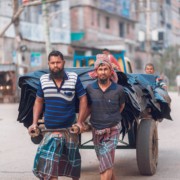 www.faysalsframe.com
www.faysalsframe.com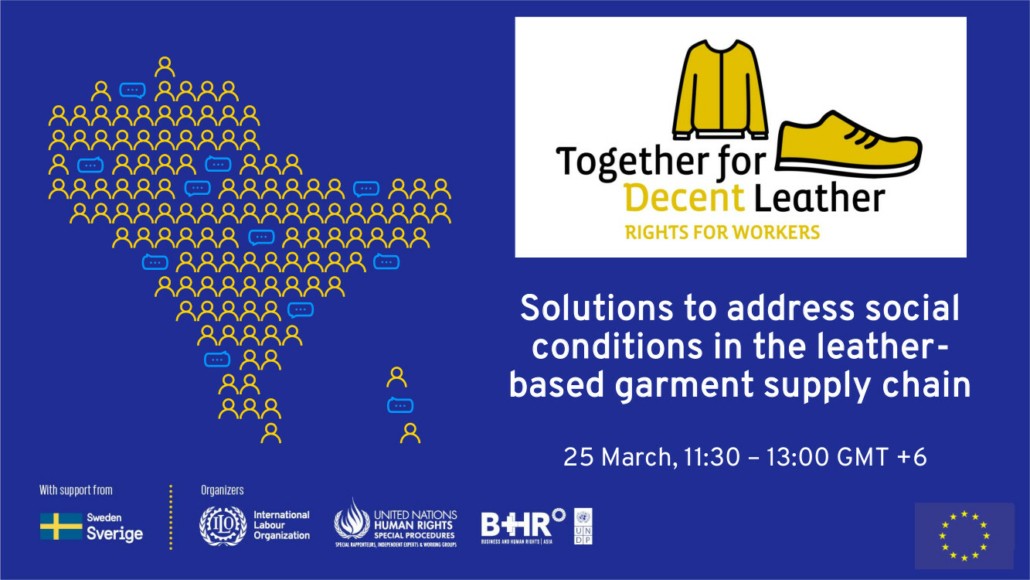
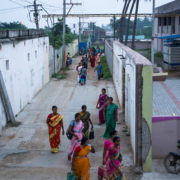
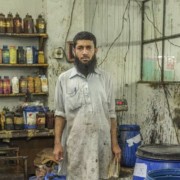
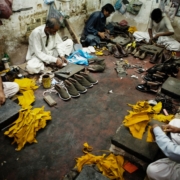


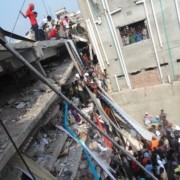 CC2.0 Solidarity Center via Flickr
CC2.0 Solidarity Center via Flickr